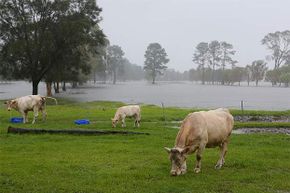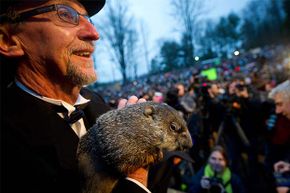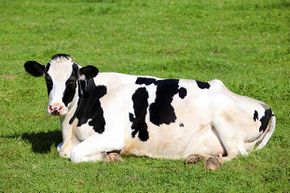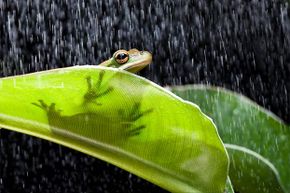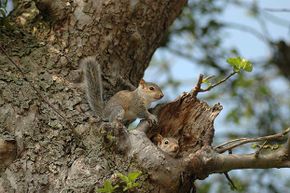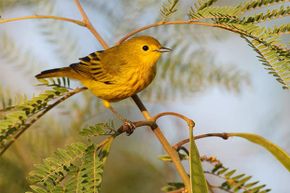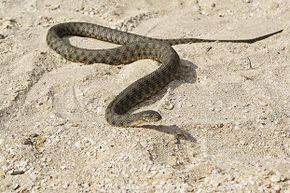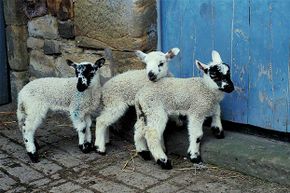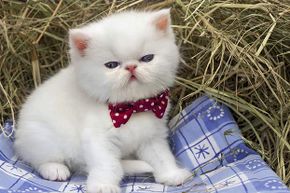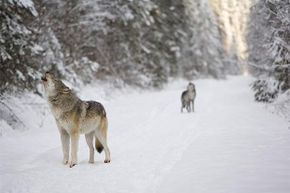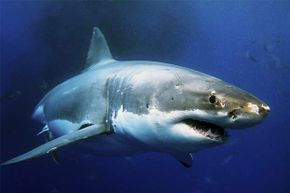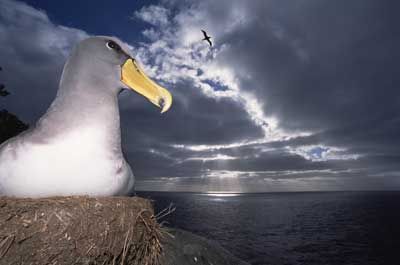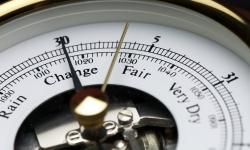Key Takeaways
- Various animals have been historically believed to predict the weather, such as groundhogs predicting winter duration, cows lying down before rain and frogs croaking loudly to indicate upcoming rain.
- While some behaviors may have a basis in how animals react to environmental changes (like air pressure or humidity), many of these beliefs are myths without scientific support.
- Despite the lack of hard evidence for most animal-based weather predictions, observations of animal behavior can still offer fascinating insights into their sensitivity to nature's changes.
The cow in the meadow may go "moo," but is she bidding a simple hello, asking for more hay or warning of an impending storm? Meteorology is pretty advanced now, thanks to the impressive capabilities of modern weather radar and other tools, but it wasn't all that long ago that humans relied on far less scientific methods for predictions of rain, sleet, snow or sun. In fact, the behavior of animals like good old Bessie the cow has been popularly used for centuries to help people get a leg up on all types of weather emergencies. Although these behaviors might seem mysterious on the front end, experts credit the fact that animals are more finely attuned to nature and its changing states (humidity, air pressure, length of the day) with their seeming ability to predict the daily or seasonal forecast [source: Thomas].
But not every animal is a genius forecaster. Although some species seem to have a serious nose (or snout) for meteorology, others have garnered reputations based on fanciful myths, rumors and silly fun. Keep reading to find out which animals are fit for an internship at The Weather Channel and which should keep their day jobs.
Advertisement
